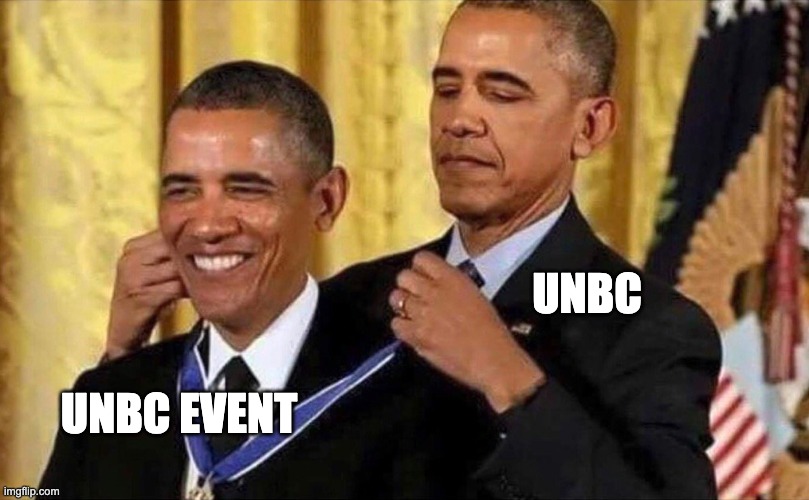UNBC recently launched its Sustainable Event Certification program, adapted from McGill University’s model. While the initiative’s environmental goals are admirable, several aspects of the program raise questions about its effectiveness and credibility.
The Self-Certification Problem
The most glaring issue? UNBC is both issuing and receiving these certifications. Of the five events listed as participants, UNBC Sustainability itself organized the flagship event that achieved platinum status. When an institution grades its own sustainability efforts, can we truly call this an independent certification? While there may be genuine oversight and standards in place, the optics alone undermine the program’s credibility to outside observers.
Bronze or Bust: A Counterproductive Starting Point
The certification begins at bronze level, requiring 50-75% of available points. But here’s the problem: if your event scores below 50%, you receive no certification at all. This creates a perverse incentive where organizers might prefer no certification over a bronze one, which could be seen as barely passing.
Wouldn’t it make more sense to start certifications at a lower threshold, say 25%, to encourage participation? As it stands, the message seems to be: be exceptionally sustainable or don’t bother trying. For a program meant to encourage environmental responsibility, this all-or-nothing approach could actually discourage organizers from making incremental improvements.
Platinum’s Prohibitive Standards
The platinum tier requires 95% of points plus three additional criteria, including options like “exclusive provision of vegan and vegetarian options” and “zero-waste” standards. While aspirational, these requirements may be unrealistic for many campus events, particularly those serving diverse communities with varying dietary needs and budgets.
Moving Forward
UNBC’s sustainability goals deserve support, but this certification program needs refinement. Consider external validation, lower entry barriers to encourage participation, and more achievable incremental goals. Otherwise, we risk creating a system where only the most resourced events can participate, while everyone else opts out entirely.





